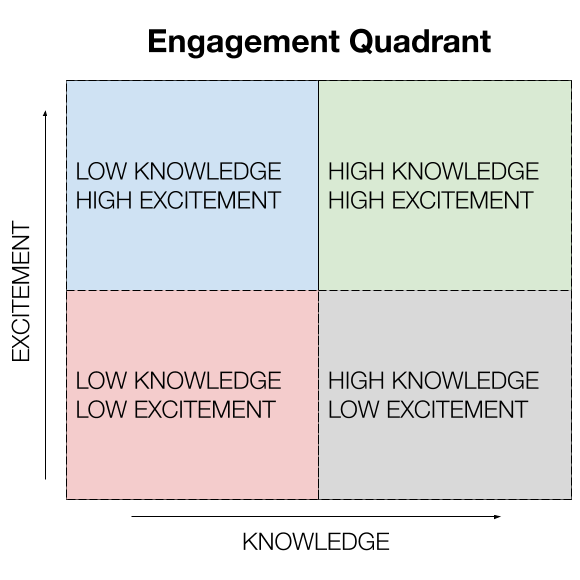Test Platform Onboarding
The instructions here are in addition to the on-boarding issue that People Ops will assign to the team member on their first day at GitLab.
Copy the Test Platform team onboarding issue template into a new issue in TP Team Tasks and complete the issue.
General team resources
- GitLab QA
- General testing guidelines
- CI infrastructure for CE and EE
- Tests statistics
- Insights dashboard
- Triage
- QA Runners
- Projects
- Environments
- dev.gitlab.org
- Production
- Canary -
gitlab_canary=true - Staging
- Staging-canary -
gitlab_canary=true - Staging-ref
- Preprod
- Release
- Customer-dot
- CI environments
- Main - Slack channel #qa-master
- Nightly - Slack channel #qa-nightly
- Performance - Slack channel #qa-performance
- Code Review
Slack channels
These internal Slack channels may be helpful to join.
- Department
- #infrastructure-department - general department channel
- #test-platform - general sub-department channel
- #test-platform-lounge - channel where the Test Platform sub-department hangs out and posts their weekly updates
- #test-platform-maintainers - channel for test platorm maintainers to request. Can be used to request expedited maintainer reviews when required
- #infrastructure-managers - channel to communicate and collaborate with all engineering managers in Infrastructure
- #qa-master - channel with end-to-end test results on master pipeline
- #qa-nightly - channel with end-to-end test results against FIPS nightly package
- #qa-preprod - channel with end-to-end test results for run against pre.gitlab.com
- #qa-release - channel with end-to-end test results for run against release.gitlab.net
- #qa-staging - channel with end-to-end test results for run against staging.gitlab.com
- #qa-staging-ref - channel with end-to-end test results for run against staging-ref.gitlab.com
- #qa-production - channel with end-to-end test results for run against gitlab.com
- #qa-performance - channel with performance testing results
- #quality-reports - channel with various end-to-end test metrics reports
- Company
- #product - observe and interact with members of the product team
- #development - provides awareness of broken master, environment issues and other development related status items
- #is-this-known - find information about canary failures or bugs
- #questions - ask questions and see other questions (and the answers) from other GitLab Team Members
- #thanks - give and see thanks for the awesomeness that GitLab Team Members do
- #people-connect - interact with people ops
Manager
Engagement Quadrant
The engagement Quadrant is designed to help you and your direct report evaluate how they currently feel about their work. This is not intended to be a performance evaluation tool, but rather a self-introspective mechanism to help frame the conversation.

- Low knowledge & High excitement: When we are excited on starting something new but unaware of all the things needed to succeed (unknown unknowns).
- Low knowledge & Low excitement: As time progresses if we haven’t made progress on acquiring knowledge (sustained unknown unknowns), the excitement is also lowered. We need to expedite on attaining additional help to unblock.
- High knowledge & High excitement: We have made progress on learning what is needed to be productive/proficient while feeling engaged and excited. This is the optimal state.
- High knowledge & Low excitement: When we are already proficient at the current task but it may not be as challenging. We should have a discussion to identify the next area of interest.
When starting something new, the goal is to discover unknowns and learn them quickly so you can move into the High knowledge & High excitement state as fast as possible. Then keep iterating/improving so that you are still challenged and stay there.
Organizational psychology resources
Organizational psychology is the study of human behavior and motivations as it relates to work.
- WorkLife podcast by Adam Grant
- Heartbeat podcast by Claire Lew
- HBR IdeaCast podcast
- Dear HBR podcast
- Know Your Team blog - most popular articles
People to follow on social media
- Adam Grant - Organizational psychologist professor from Wharton
- Dan Pink - author of Drive: The surprising truth about what motivates us
- Camille Fournier
- Claire Lew - CEO of Know Your Team.
- Dan Ariely - more behavioral economics than organizational psychology
680a0bc8)
